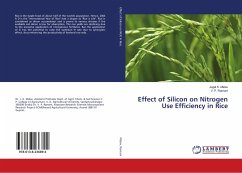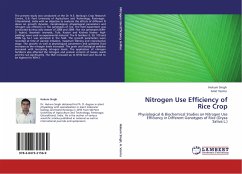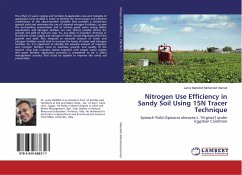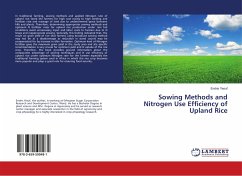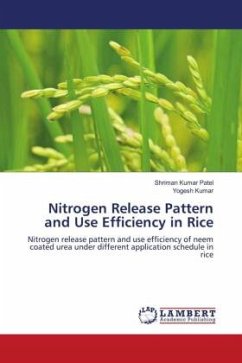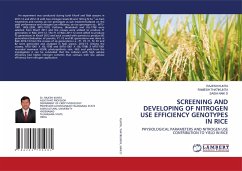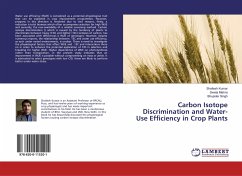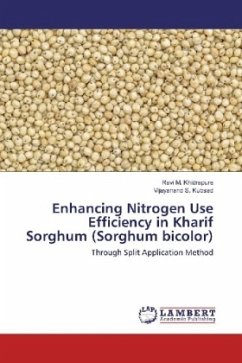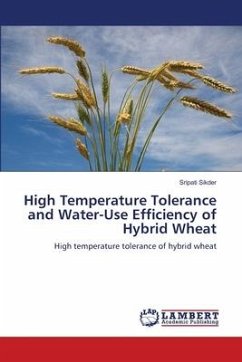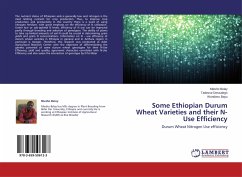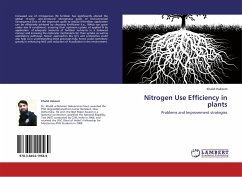
Nitrogen Use Efficiency in plants
Problems and Improvement strategies
Versandkostenfrei!
Versandfertig in 6-10 Tagen
32,99 €
inkl. MwSt.

PAYBACK Punkte
16 °P sammeln!
Increased use of nitrogenous (N) fertilizer has significantly altered the global N-cycle and produced nitrogenous gases of environmental consequence.One of the important goals to reduce N-fertilizer application can be effectively achieved by choosing N-efficient (i.e., Which can grow under low N conditions), ensuring their optimum uptake of applied N by application of adequate amounts of fertilizer nutrients in a balanced manner and knowing the molecular mechanisms for their uptake as well as assimilatory pathways. Newer approaches like QTL and proteomics could also help us in understanding th...
Increased use of nitrogenous (N) fertilizer has significantly altered the global N-cycle and produced nitrogenous gases of environmental consequence.One of the important goals to reduce N-fertilizer application can be effectively achieved by choosing N-efficient (i.e., Which can grow under low N conditions), ensuring their optimum uptake of applied N by application of adequate amounts of fertilizer nutrients in a balanced manner and knowing the molecular mechanisms for their uptake as well as assimilatory pathways. Newer approaches like QTL and proteomics could also help us in understanding these processes fully, hence could contribute greatly in enhancing NUE and reduction of N pollution in the environment.



